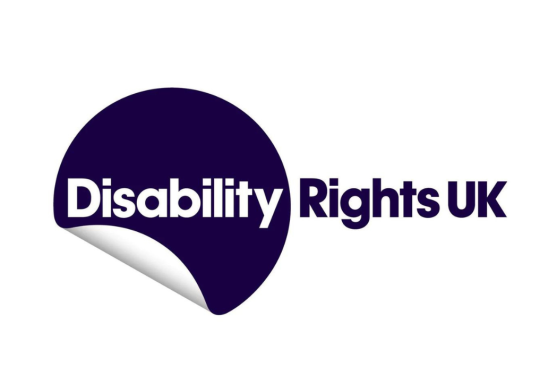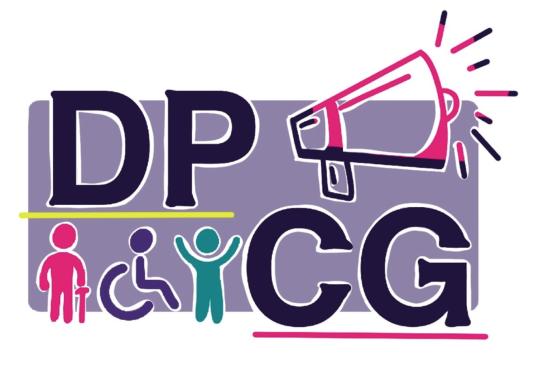BBC highlights unfair PIP cut for disabled people in hospital
It comes after a court case was withdrawn which had been set to challenge the lawfulness of the so-called hospital rule.
One affected family lost more than £5,000 in benefit payments while their disabled son was in hospital.
Under the rule, people eighteen or over who claim Personal Independence Payment (PIP) have their payments suspended if they receive care in hospital for 28 days or more.
Note: a successful Supreme Court challenge - [2015] UKSC 47 – resulted in June 2016 in the introduction of regulations removing the 84-day and 28 day payment limits for disability Living Allowance (DLA) and PIP for hospital in-patients who are under eighteen on the day they enter hospital.
The recently withdrawn case, was that of Cameron Mitchell, aged 21, who cannot walk or speak, has seizures and muscle spasms and is fed through a tube. He has the mental age of a baby of around six months old. The case was withdrawn due to a change in Cameron’s personal circumstances.
Cameron received PIP and his mother and carer - Nicola Clulow - received a Carer's Allowance.
In December, 2020, Mr Mitchell was admitted to the Royal Victoria Infirmary in Newcastle, with sepsis, multi-organ failure and pneumonia.
He remained an inpatient for 185 days, before moving to a hospice. He was discharged home in June 2022.
Ms Clulow - communicating on her son's behalf - said benefit payments were stopped while Mr Mitchell was in hospital, which was 1.5 hours' drive from the family home.
During that time, hospital staff asked her to spot when Mr Mitchell was about to have a seizure, to interpret his pain, to feed him through a tube and to be available at all hours to assist with his care when asked.
The family said they lost more than £5,000 in benefit payments while spending about £100 per week on food and transport.
Jonathan Beebee, the Royal College of Nursing's professional lead for learning disability nursing, said people with profound and multiple learning disabilities (PMLD) had "complex unique communication needs".
He added: "They often rely on close relations with people who know them well to understand and interpret what they are expressing," he said.
"These communication needs cannot be replaced by hospital staff when they are admitted to hospital, and their carers cannot stop caring. If they do, their needs will likely be neglected."
The BBC Shared Data Unit analysed figures released under the Freedom of Information Act over the past three years.
It found:
- The total number of PIP suspensions under the hospital rule in Great Britain increased from 30,860 in the quarter to the end of April 2020, to 45,850 in the quarter to the end of April 2022
- The highest numbers of PIP suspensions were for people with mental health conditions
Ken Butler DR UK’s Welfare Rights and Policy Adviser said: The DWP claims that the “hospital rule” is based on the principle that the needs of the claimant are being met by the NHS.
“So, to continue to pay these benefits after 28 days, in order to support the additional costs of having a disability, would amount to double provision of funding from the public purse.
“However, this is disingenuous as the blanket rule simply does not reflect the reality of situations such as that of Cameron Mitchell.
While he was in hospital, his mother and father were in daily attendance and, as his full-time carers, were on call at the request of NHS staff.
When his condition stabilised they took him on daily trips outdoors, and provided essential care such as suctioning his chest, looking after his stoma bag, and checking for hard-to-detect signs of distress and pain.
The hospital staff depended on his parents to communicate for him and identify and treat his complicated seizures as otherwise, he could deteriorate very quickly.
Cameron’s care needs were not met by the NHS alone without the input of his parents, his carers, and those care needs did not suddenly cease to exist after he spent 28 days in hospital.
For those Disabled people whose care needs cannot be met in hospital without the input of a carer, the 28-day rule must be revoked”.
For more information see Benefit cuts for disabled people in hospital called unfair available from bbc.co.uk.



